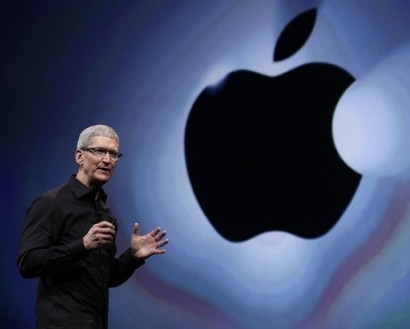Apple’s iPhone Sales Just Fell for the First Time—It Won’t Be the Last
 In the company’s earnings announcement, Apple CEO Tim Cook attributed the decline to “strong macroeconomic headwinds,” citing unfavorable currency exchange rates and a grim global economic outlook. But behind the corporate-speak, it’s worth examining what’s really happening—and how worried Apple should be about the future. For now, Cook strikes an upbeat note. “We see a business that is healthy and strong,” he said of the iPhone during an earnings call Tuesday. He argues that iPhone upgrades are strong, customers are loyal, Apple continues attracting Android users at a high rate, and there’s plenty of growth to tap in emerging markets. All of which is fair, but belies the reality of a very down quarter. You don’t need to be an Economist subscriber to know the global economy has been in rough shape. Every week seems to introduce a new pocket of uncertainty, whether it’s China’s plummeting stock market or a power crisis in Venezuela. For a company that depends upon international reach—especially one selling premium products—any turmoil impacts the bottom line. As a US company, Apple’s exchange rate woes are also real. The dollar has been strong—up 20 percent in the last two years or so against other major currencies—which effectively makes US exports more expensive in foreign markets. Shelling out for a pricey iPhone is a big ask for many parts of the world under ideal conditions; inflating that cost could do even more to make people opt for a cheaper phone, or even inspire them to (shudder!) keep their iPhone 5S a little longer. |

















